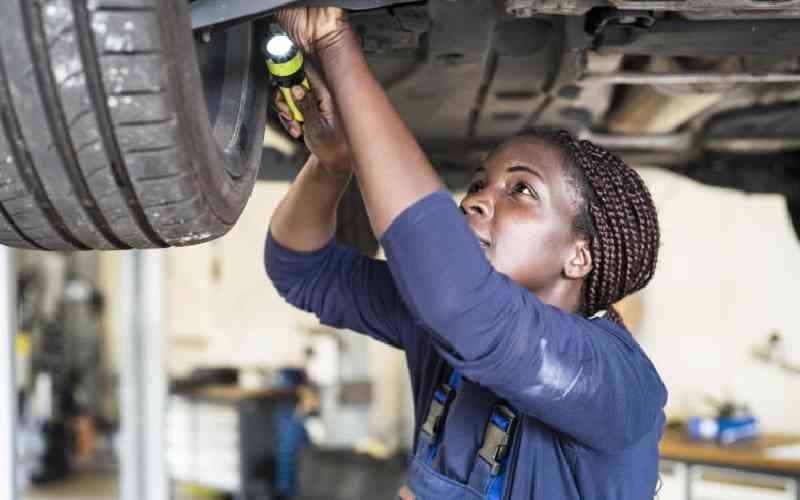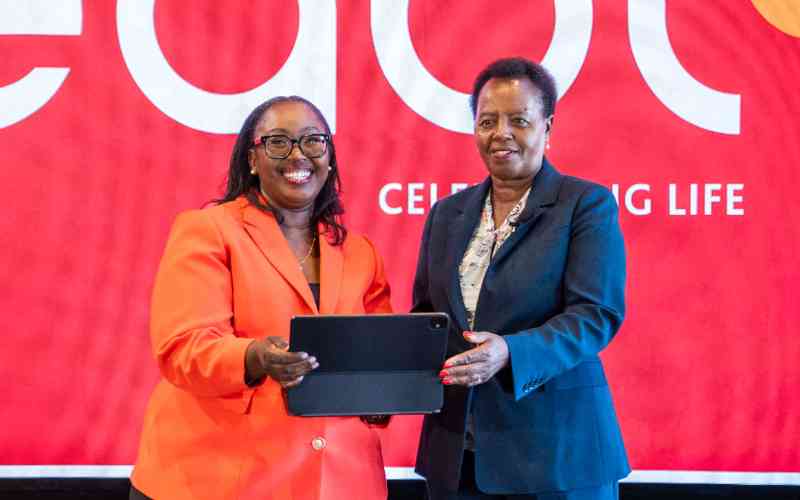×
The Standard e-Paper
Fearless, Trusted News

The International Women in Engineering Day is celebrated annually on June 23. Its aim is to raise the profile of women in engineering focusing attention on the amazing career opportunities available to the girls in the engineering industry. It celebrates the outstanding achievements of women engineers around the world.
In 2014, the Women Engineering Society launched National Women in Engineering Day in the United Kingdom. Over the years the campaign grew to a global event and in 2017, this day became international.







